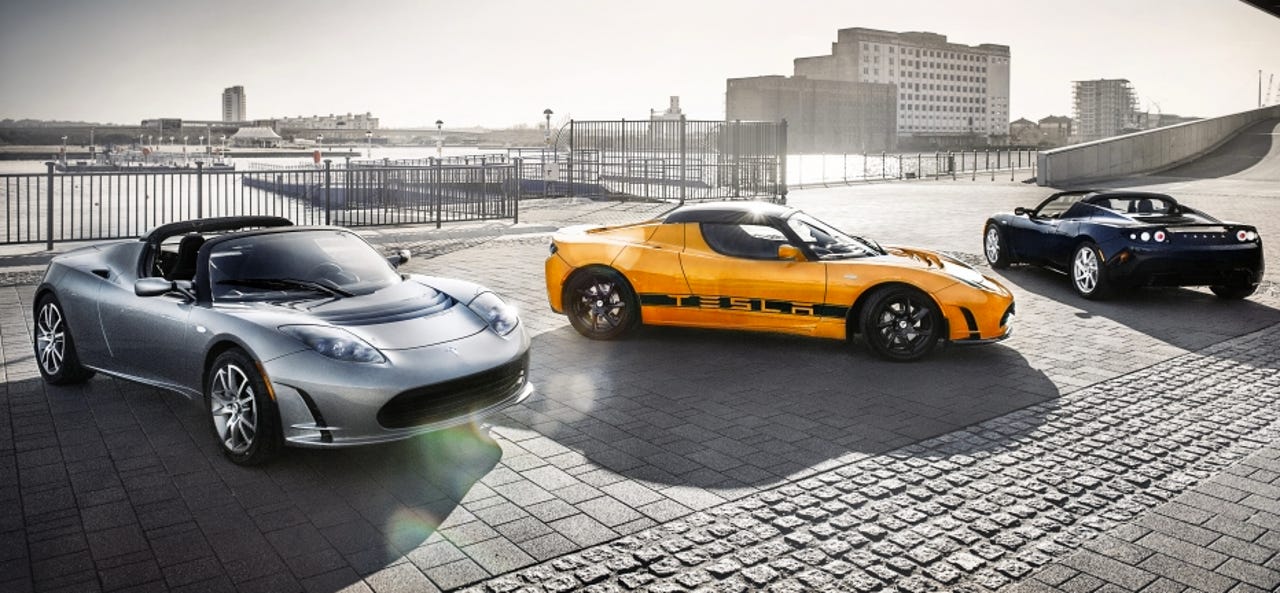Tesla, Panasonic form 'Gigafactory' electric vehicle battery behemoth


Panasonic and Tesla have signed an agreement to build a large-scale manufacturing plant dubbed the Gigafactory in order to develop electric vehicle batteries and capitalize on the growing industry.
Announced on Thursday, the electronics giant and automaker say the factory will be built in the United States, and "represents a fundamental change in the way large scale battery production can be realized."
Tesla will purchase, provide and manage the land, buildings and utilities required for the Gigafactory, while Panasonic will manufacture and supply cylindrical lithium-ion cells, as well as invest funds in equipment, machinery and tools the firms require for battery R&D and manufacture.
Yoshihiko Yamada, Executive Vice President of Panasonic commented:
"We have already engaged in various collaborative projects with Tesla toward the popularization of electric vehicles. Panasonic’s lithium-ion battery cells combine the required features for electric vehicles such as high capacity, durability and cost performance. And I believe that once we are able to manufacture lithium-ion battery cells at the Gigafactory, we will be able to accelerate the expansion of the electric vehicle market."
The Gigafactory's creation is based on Tesla's wish to advance mass market electric vehicles, which is proving to be a tall order due to the short-time high cost of purchasing such cars. A number of other factors are also at play; range anxiety -- driver fear of running out of juice on the road -- a lack of charging stations and a lack of knowledge concerning electric vehicles (EVs) have also hampered adoption.
If the Gigafactory is used as a base to improve EV batteries and produce them in bulk, not only could this bring down the average cost of an EV for consumers, but batteries which last longer could also quell range anxiety fears and lure more drivers to make the shift from traditional fossil fuel models to electric alternatives.
The Gigafactory will produce cells, modules and packs for Tesla’s electric vehicles and for the stationary storage market. Tesla and Panasonic hope the factory will produce 35GWh of cells and 50GWh of packs per year by 2020, as well as employ approximately 6,500 people.